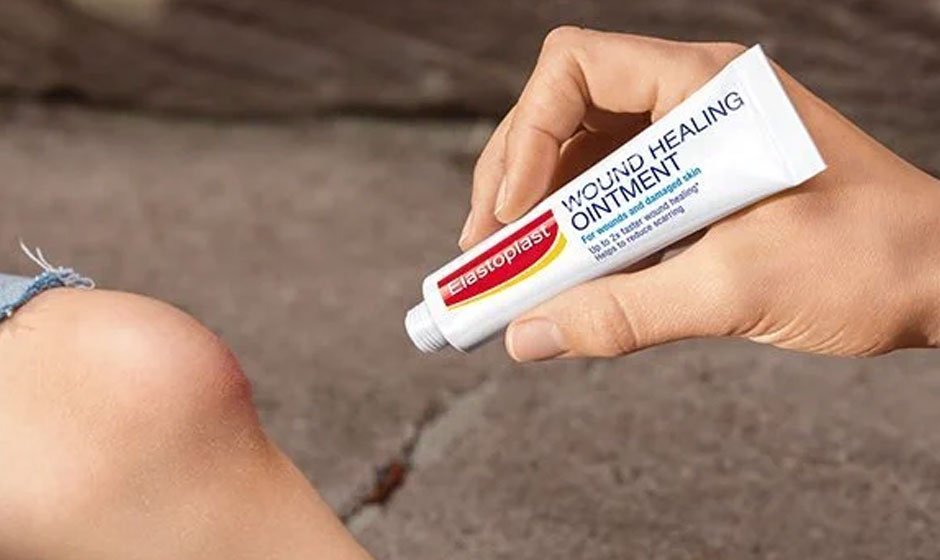Meta Description: Discover effective strategies for optimizing wound care to promote faster healing. Learn about the latest techniques and best practices.
When it comes to wound care, the ultimate goal is to facilitate faster healing. Whether you’re dealing with a minor scrape or a more serious injury, taking the right steps can significantly enhance the healing process. In this article, we will explore various strategies and techniques for optimizing wound care and promoting faster healing.
Cleanse and Protect
One of the first steps in wound care is proper cleansing. Cleaning the wound helps remove debris, bacteria, and germs that can hinder the healing process. Start by washing your hands with soap and water to avoid introducing additional contaminants. Use a mild saline solution or clean water to gently cleanse the wound. Avoid using alcohol, hydrogen peroxide, or iodine, as these can delay healing.
After cleansing, it is crucial to protect the wound. Apply a sterile adhesive bandage or dressing to prevent bacteria and dirt from entering the wound. Keep the area clean and dry, changing the dressing regularly to maintain a clean environment conducive to healing.
Manage Infection Risk
Preventing infection is paramount to promoting faster wound healing. Keep an eye out for signs of infection, such as increased pain, redness, swelling, or pus. If you suspect an infection, consult a healthcare professional immediately.
To minimize the risk of infection, consider using antibiotic ointments or creams as recommended by your healthcare provider. These can help create a barrier against bacteria. Additionally, avoid touching the wound with dirty hands and refrain from picking at scabs, as this can introduce more bacteria and impede healing.
Refire Wound Healing
Refire is the process of re-stimulating the wound healing process when it has stalled or slowed. This can be necessary in cases of chronic wounds, where the natural healing process is insufficient or has been disrupted. Strategies for refiring wound healing include the use of specialized dressings designed to create a moist healing environment, advanced therapies such as negative pressure wound therapy, and the use of certain medications that can stimulate cell growth and proliferation. Consultation with a wound care specialist can be beneficial to determine the most effective refire strategy for individual cases. Always remember, every wound is unique and may require a personalized approach to promote optimal healing.
Promote Moist Healing
Contrary to popular belief, keeping a wound moist can actually facilitate faster healing. The concept of moist healing involves creating an optimal environment for cells to regenerate and heal. Studies have shown that moist wounds tend to heal faster and with less scarring compared to dry wounds.
Consider using specialized dressings or ointments that promote moist healing. These products help keep the wound hydrated, reduce pain, and minimize the risk of scarring. However, it is essential to follow your healthcare provider’s recommendations regarding the use of specific products for your wound type.
Optimize Nutrition
Proper nutrition plays a vital role in wound healing. Ensure you consume a balanced diet rich in vitamins, minerals, and protein. Protein is especially crucial as it aids in tissue repair and regeneration.
Include foods such as lean meats, fish, eggs, dairy products, legumes, nuts, and seeds in your diet. Additionally, incorporate fruits and vegetables for their antioxidant properties, which can help combat inflammation and support the healing process.
Minimize Stress and Promote Rest
Stress can have a significant impact on the body’s ability to heal. Chronic stress can impair the immune system and delay wound healing. Therefore, it is essential to manage stress levels and promote rest during the healing process.
Engage in stress-relieving activities, such as meditation, deep breathing exercises, or engaging in hobbies that bring you joy. Adequate rest allows the body to focus its energy on healing rather than other stressors.
Seek Professional Advice
While these strategies can help optimize wound care and promote faster healing, it is essential to seek professional advice for serious or complicated wounds. Your healthcare provider can provide personalized guidance based on the specific characteristics of your wound.
Remember, every wound is unique, and individual circumstances may require tailored treatment plans. Consulting with a healthcare professional ensures you receive the most appropriate care for your specific situation.
In conclusion, optimizing wound care is crucial for promoting faster healing. By following proper cleansing and protection techniques, managing infection risk, promoting moist healing, optimizing nutrition, minimizing stress, and seeking professional advice when necessary, you can enhance the healing process and achieve optimal outcomes.
Note: This article is for informational purposes only and should not be considered medical advice. Always consult with a healthcare professional for personalized guidance on wound care.






